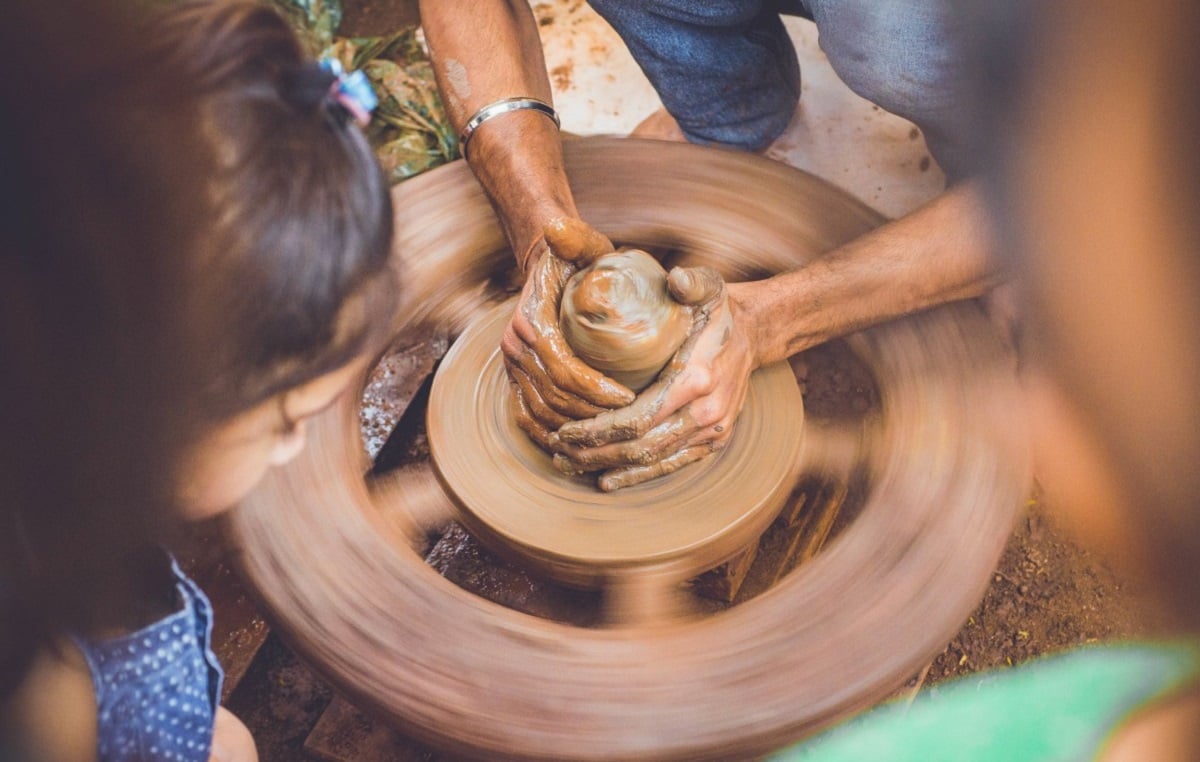
Making arts and creativity central to healthcare will help address some of public health's most pressing and expensive issues
National Centre for Creative Health to ‘mainstream’ arts in health and social care
The initiative will facilitate new interventions by sharing the successes of existing ones, seizing on the UK's growing appetite for creativity as a source of wellbeing.
A new National Centre for Creative Health aims to "mainstream" arts interventions in health and social care, seizing on the growing enthusiasm for the approach.
The institute will play a pivotal role in making creativity an integral part of care systems within the UK, working with the NHS, local authorities and community organisations to further exisiting interventions and design new ones based on local needs.
Its establishment is the result of a two-year inquiry led by the All-Party Parliamentary Group of Arts, Health and Wellbeing that found "the arts are integral to health and should be recognised as such by health services".
READ MORE:
- Resilience is the responsibility of systems, not people
- Arts in healthcare: think big and embrace opportunity
Its first recommendation was to create a strategic centre to support collaboration, advance good practice, inform policy and address health inequalities at a national level.
The centre launches next week (March 9) with a small team of researchers, trustees and advisors and financial backing from the Paul Hamlyn Foundation. It will be virtual and remotely operated for the foreseeable future.
Real potential
The centre's work will initially focus on four areas: Gloucestershire, Suffolk, West Yorkshire and Harrogate, and Shropshire, Telford and Wrekin.
Acting Director Alexandra Coulter explained that two of those – Gloucestershire and West Yorkshire and Harrogate – already have some established arts in healthcare approaches, regional champions and networks. Studying them will help identify "the right conditions for this kind of work to flourish" in the other areas.
"They have arts and creativity embedded in their systems; in other areas it's much more ad-hoc. We want to learn from where it has worked," Coulter said.
"There's real potential for arts, culture and creativity to support people's wellbeing, but more than that we have ways in which it can save money and address some of the bigger challenges that the health system faces around ageing, long-term conditions, loneliness and mental health."
The centre's Chair of Trustees, Lord Howarth of Newport, said it represented an opportunity to make a difference to the health inequalities reinforced and increased by the pandemic.
"Lack of access to cultural and creative opportunities too often mirrors other inequalities.
"The creative health movement believes that active engagement with the arts and culture – whether through our own creative practice or through our enjoyment of the creative practice of others – is beneficial for the wellbeing and health of all of us."
Knowledge sharing
The centre will prioritise place-based approaches, facilitating and working in partnership with communities rather than delivering solutions.
Coulter said the team will "work within existing structures" to advance good practice and facilitate the design and implementation of new approaches.
"That learning can inform the support of work elsewhere in the country. The translation of learning and how knowledge can be taken up elsewhere is not always obvious.
"When you speak to people in health, the challenges they are facing are implementation challenges; how do we fund it and who do we talk to?
"It's about how do we use our existing systems to make them more open to creative approaches."
The centre will explore potential models via a programme of health "hubs" in the four key research regions. Leaders of these hubs have been involved throughout the centre's establishment.
Dr Jane Povey, Clinical Lead for the Shropshire, Telford and Wrekin Sustainability and Transformation Partnership, said the launch was "extremely timely".
"We will be able to work with integrated care systems as they emerge across the country… this will ensure creative approaches to health and wellbeing become integral to health and care provision."
Lived experience
Trustees are being sought to join the current team of three: Lord Howarth, NHS Trust Non-Executive Director Bill Boa, and University College London Biology Professor Helen Chatterjee.
The centre wants new trustees who have "lived experience of ill health", either as a healthcare worker or as a patient.
"We really believe that involving the people who have had that lived experience is central to the development of this work", Coulter said.
She said different regions have varied and "knotty" problems and that solutions must come from a place of co-production locally.
"In a way we're starting with a blank canvas, saying what is the problem and how can we respond to it together."
Join the Discussion
You must be logged in to post a comment.